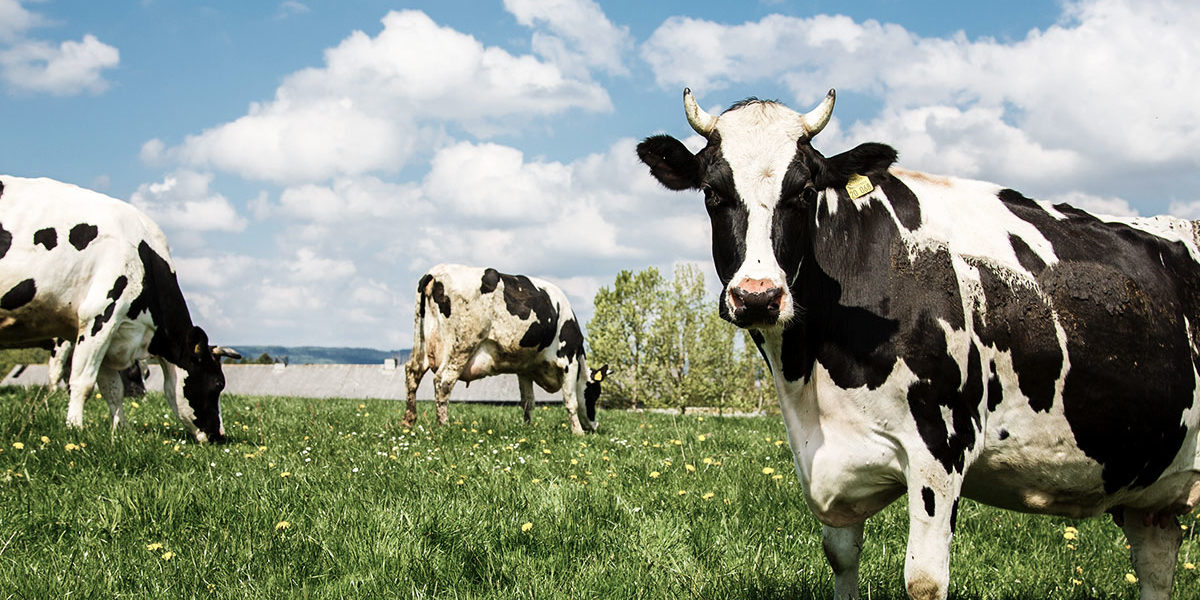Heavy metals
Heavy metals is a collective term for a group of metals that includes lead, arsenic, cadmium and mercury. These metals are present in small amounts in nature. However, the amount of metals found in nature has increased due to industrial emissions (including the mining sector and the combustion of fossil fuels). Plants can absorb these heavy metals from the soil and water, as a result of which they can end up in animals and people upon consuming the plants.
It is a known fact that cadmium and arsenic are carcinogenic for humans. Lead is most likely carcinogenic and mercury is poisonous to the kideneys and the central nervous system. Products of which it is known that they contribute to the intake of heavy metals include grains, milk, non-alcoholic beverages, vegetables, diet products, fish and meat. In order to avoid these negative effects, maximum amounts for heavy metals in foods have been established and laid down by law. The amount of heavy metals in the product must remain under this content so that the product is safe to eat.




